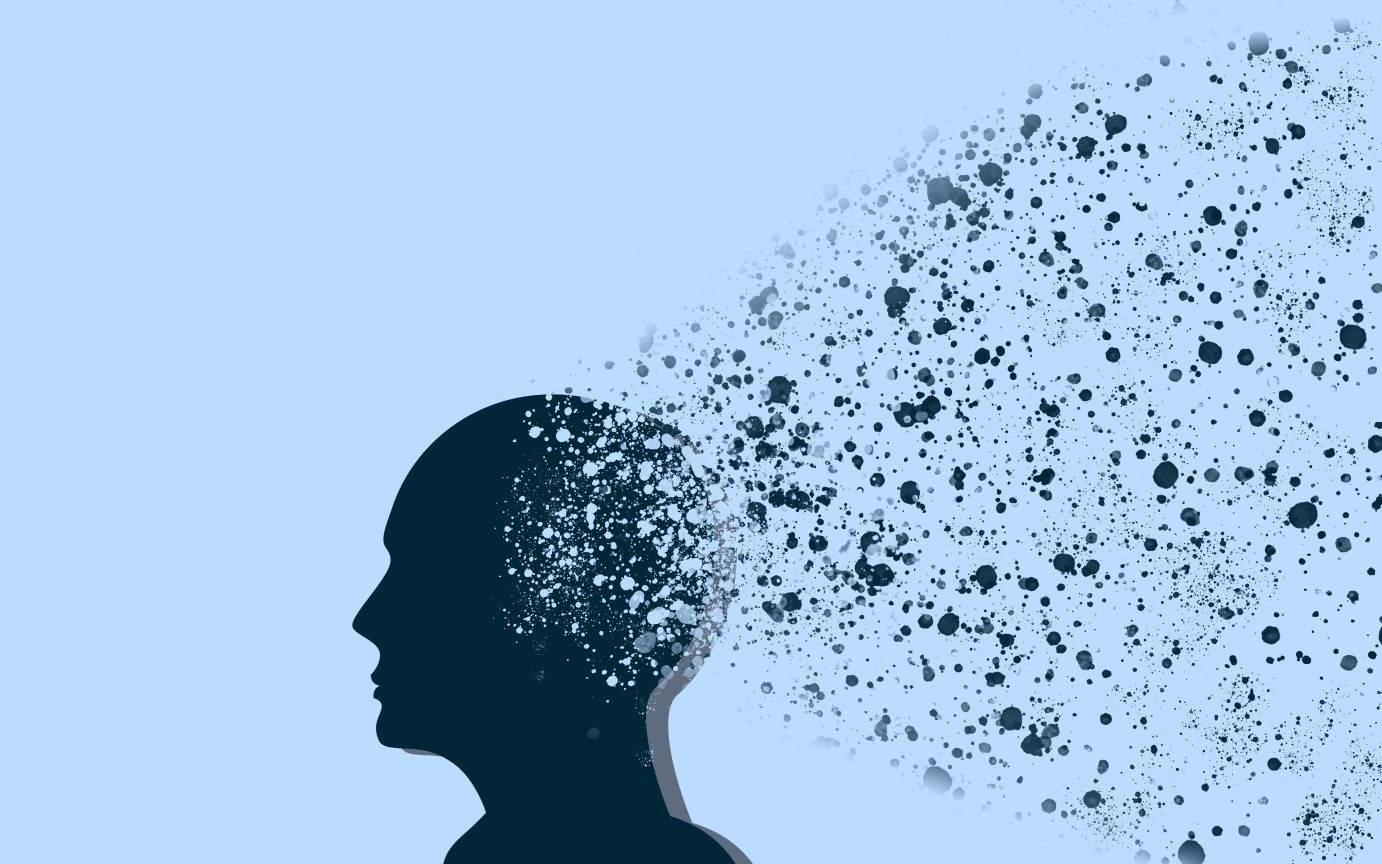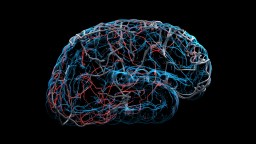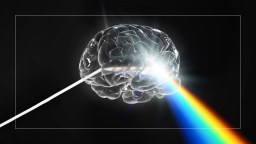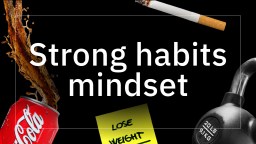DAVE ASPREY: One of the things that's come out, just in the last five years, is the importance of the microbiome. And the functional medicine crowd has been talking about it for 20-plus years, and we just didn't have good data. But today, there is a company that has more than 100,000 people's poop. And what they've done is they've gone through and sequenced everything. And I don't mean just high-level genetic stuff that's been available for a little while. They're using technology that was invented by a national laboratory for biowarfare detection, and this means that they're looking at viruses, fungus, bacteria, parasites, the percentage of human DNA -- how much gut shedding you have -- in a very simple test. And this company, called Viome, has actually added 10,000 new species to our database of bacteria that lives in the gut that we just didn't know about before. So it's the golden age of figuring out what's going on in the gut. And we found some shocking things.
We also have better imaging than we ever have. So people started looking inside cells when they're alive, and we can see this level of detail that you couldn't get from an electron microscope. And they found something that completely defies all understanding. Inside the brains of perfectly healthy people, there are bacteria. There is a microbiome in your brain. How weird is that? And we thought we knew everything about the blood-brain barrier. There's a lot of BS in the story of the blood-brain barrier. And it turns out these are the same species of bacteria that live in the gut. So these things are part of us. And that means that if you eat foods that disrupt your gut bacteria -- you don't eat enough fiber or you eat industrially raised meat that had antibiotics in it -- that you're probably not going to live as long. People who age well and live a very long time have way more diversity in their gut bacteria. There's more species present. And as we age, you can actually predict someone's age, within a couple of years, just based on looking at their gut bacteria populations. Old people have bad poop. Can I just say it? And how do we fix that? Well, it turns out what you eat is key.
When I started writing Super Human, I used the Viome test, and I quantified I had 48 bacteria in my gut. And one of the problems there is that I travel extensively, about 150 days of the year, and it's really hard to get enough vegetables when you travel. You can get veggies at home. But you go to a restaurant and you say, I would like a plate of vegetables, and they bringing three spears of asparagus. And then you say, I'll give you $1,000 for a plate of vegetables, and you get six spears of asparagus. They just don't understand what a plate of vegetables looks like. And the people who live a long time, they eat a plate of vegetables with a moderate to small amount of grassfed or wild-caught protein and lots of healthy undamaged fats. That's the recipe. You can't buy that. So I put together a prebiotic. And a prebiotic is a set of things that good gut bacteria will eat. It turns out prebiotics have more of an influence on what's going on your gut than probiotics. And both can be useful. Over the course of writing Super Human, I was able to raise the number of species in my gut from 48 to 196. And that is a very healthy, diverse population. And all I had to do was add a couple scoops of probiotics to my Bulletproof coffee every morning. It's not that hard to do. You can also eat a variety of spices and herbs and vegetables, there's all sorts of things. I do that too. But even when I did that, I wasn't hitting the numbers I wanted.
On the flip side of that, there is a type of bacteria that's responsible keeping your gut lining intact, and it's called Akkermansia. We didn't really know much about this, we just thought, oh, this is the stuff that eats the mucus that lines your gut. And yes, you have mucus in your gut. It doesn't sound very attractive, but it's way more attractive than having the food you eat soak through your gut lining into your blood and cause inflammation everywhere, which is what happens when you don't have healthy Akkermansia. This stuff, its job is to eat the mucus and then refresh the mucus. It's a really cool part of keeping your barriers intact so that you can extract the energy and the nutrients from your food without taking a biological hit from what you ate. That means you've got to eat the right stuff. But how do you make this bacteria stronger and healthier? It's pretty amazing: You do it by not eating. And the people who live a long time practice fasting.
Now, when I weighed 300 pounds, I ate six meals a day. I was sure that, if I didn't eat all the time, my body would go into starvation mode and I'd put on even more fat, as if there was room for more fat in my skin. And it turns out that's not how it works. Today, there's something called intermittent fasting -- that's been a core part of the Bulletproof lifestyle and the Bulletproof diet. You basically skip breakfast and you eat what you're going to eat for a whole day in a six- or an eight-hour window. So you have lunch and dinner. And it's not particularly painful to do that, even though it sounds like, oh, my goodness, am I eating enough fat? It's completely good to go. But that window where there's nothing in your stomach makes the good gut bacteria sort of wake up and say, oh, I guess I should refresh the lining of the stomach. Basically, it gives you a chance to run some repair systems. But if you're always full of food -- you have your midnight snack, you eat before bed, and you eat every little while -- your gut doesn't get to go through the normal cycles that a gut should go through.
So more prebiotics, and don't eat sometimes. Today, as you'll read about in the book, I oftentimes, once a week, once every couple of weeks, I just won't eat for 24 hours. And instead of feeling, oh, this is like running a marathon, it's so terrible, because I have metabolic flexibility, well, I get that because I eat enough fat and because I don't always have carbohydrates. And that means 24 hours without food, no big deal. I didn't have any food this morning. I probably will eat lunch, but I might not have time, and I won't notice that I don't do lunch.






